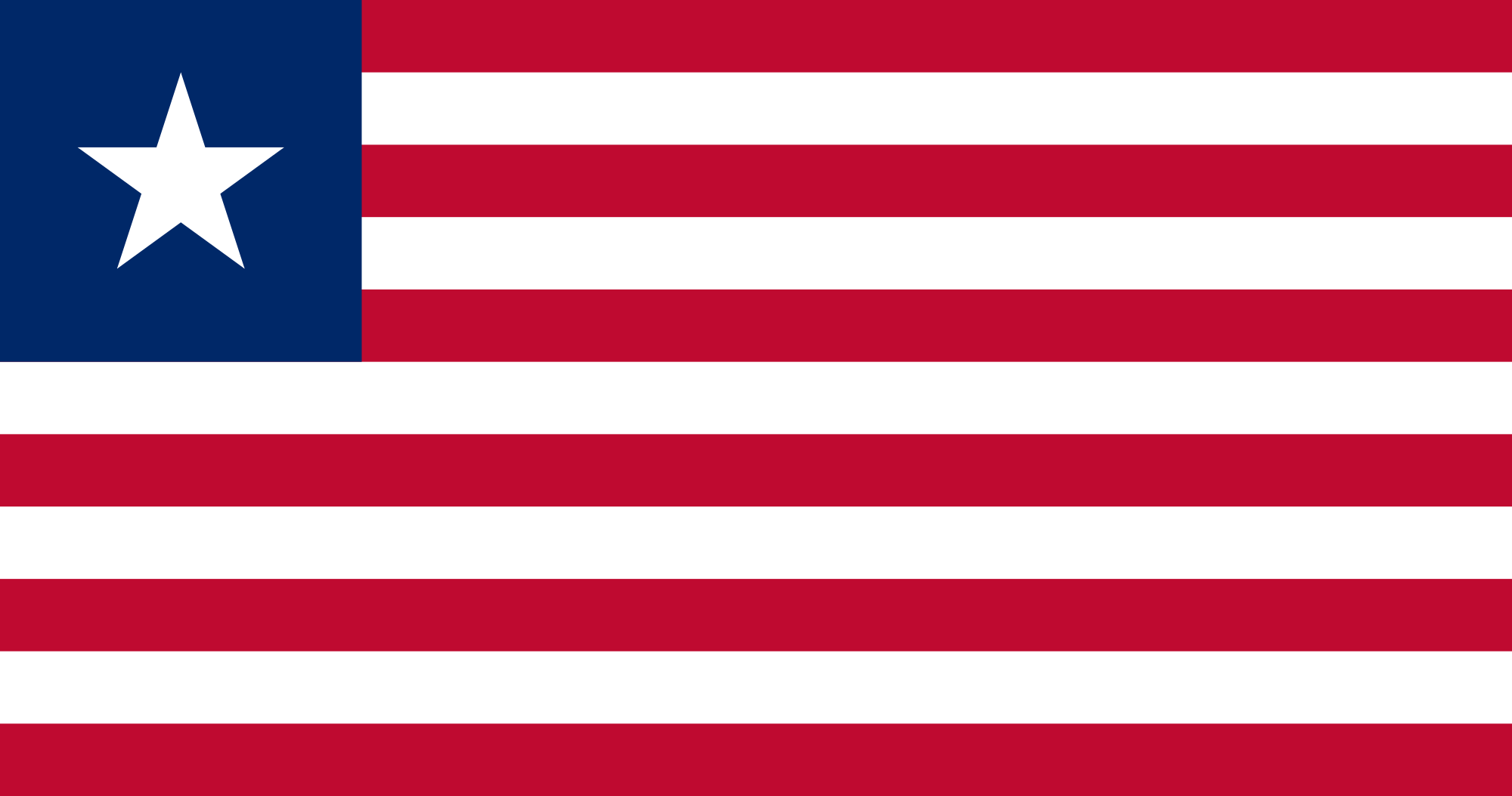
Earlier this summer, President Biden issued a memorandum that extended and expanded Deferred Enforced Departure (DED) for Liberians until June 30, 2024. The president provided just cursory justification for continuing to exempt most Liberians from immigration enforcement.
(This is in the news again because USCIS today published a Federal Register notice about work and travel authorization for Liberians with DED.)
According to USCIS, DED defers “the removal of any Liberian national, or individual without nationality who last habitually resided in Liberia, who is present in the United States and who was covered under DED as of June 30, 2022.” It also defers the removal of “any Liberian national, or individual without nationality who last habitually resided in Liberia, who has been continuously physically present in the United States since May 20, 2017.” DED extends the ability to stay and work to illegal aliens and to people with noinimmigrant (temporary) visas.
Unlike most executive actions that shield aliens in the United States illegally from immigration enforcement, DED is not predicated on prosecutorial discretion. Rather, DED was created as an off-shoot of the president’s foreign affairs powers under Article II of the U.S. Constitution. So long as the president believes that granting protection from removal and work authorization is in the foreign affairs interests of the United States, the argument goes, the president is able to create this extra-statutory policy, and the president can do this regardless of whether the such program stands in direct conflict with federal immigration law provisions. Presidents have issued DED despite that fact that the U.S. Constitution gives Congress, not the executive, plenary power over immigration.
As the Center for Immigration Studies has explained in greater detail, Liberians were first provided temporary protection from deportation in 1991 when their country was engaged in a civil war, under a statutory basis called Temporary Protected Status (TPS). Congress created TPS to rein in the executive branch’s over-use of parole by providing a legal mechanism to allow certain removable aliens subject to serious humanitarian concerns at home to remain and work in the United States. Notably, section 244 of the Immigration and Nationality Act only permits DHS to designate TPS to countries subject to 1) an ongoing armed conflict that would “pose a serious threat to the personal safety” of the country’s nationals if returned; 2) an environmental disaster making such country “unable, temporarily, to handle adequately the return”; or 3) extraordinary and temporary conditions that must prevent nationals “from returning to the state in safety”.
Protections for Liberians from deportation have been extended ever since by six different presidents — George H.W. Bush, Bill Clinton, George W. Bush, Barack Obama, Donald Trump, and Joseph Biden — however, it has most often taken the form of DED now that TPS is no longer justified under the law. TPS was granted another time in 2014, but not due to political conditions. At that time, TPS was justified as a result of the outbreak of Ebola virus disease in West Africa. President Obama promptly restarted DED for Liberians at the time Liberia’s TPS designation was set to expire, citing only “compelling foreign policy reasons”.
Because DED is derived solely from the president’s foreign affairs powers and has no statutory basis, there are no procedural requirements or legal thresholds that must be met in order for the president to issue or extend the protection. Accordingly, the president is able to continue to issue and extend DED without any articulation of the specific foreign policy interests that are served through its continued use.
Indeed, in his June memorandum, President Biden continued to justify the extension by merely stating that there are “compelling foreign policy reasons” to extend DED and provide protection from removal to those who arrived in the United States through May 20, 2017 (the date of former President Trump’s most recent extension). What the compelling foreign policy reasons are, whether these reasons outweigh other policy considerations, or whether special treatment for Liberians is justified when nationals from nearly every other country (aside from Venezuela and Hong Kong, which are also covered by DED) must abide by the immigration laws set by Congress, however, is apparently none of the public’s business.
